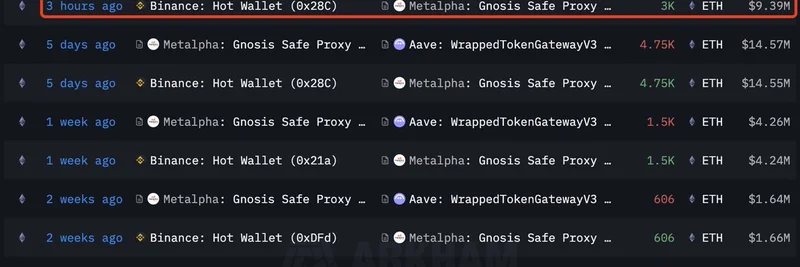In the fast-paced world of blockchain, staying ahead means keeping an eye on the latest scaling solutions. A recent clip from The Rollup podcast featuring Edward Li, Head of BD at Succinct Labs, sheds light on how zero-knowledge (ZK) proofs could play a pivotal role in supporting "based" rollups on Ethereum. This discussion is particularly timely for meme token enthusiasts, as improved scaling could mean cheaper and faster transactions for your favorite viral coins.
Understanding Based Rollups and ZK Proofs
First off, let's break down the jargon. Rollups are layer-2 solutions that bundle multiple transactions into one, posting the data back to Ethereum's main chain (layer-1) for security. "Based" rollups, a concept popularized in Ethereum circles, refer to rollups that rely on Ethereum's layer-1 for transaction sequencing. This means they use Ethereum validators to order transactions, enhancing alignment with the main network and potentially improving decentralization.
Zero-knowledge proofs, or ZK proofs, are cryptographic methods that allow one party to prove a statement is true without revealing any underlying data. In rollups, ZK proofs verify the correctness of batched transactions efficiently, making them "ZK rollups." Combining ZK with based rollups could create hybrid systems that are both secure and scalable.
In the clip, Edward Li responds to a question about how ZK can support based rollups: "I think there are potentially a lot of interesting designs... I think it can be fairly heterogeneous." He highlights flexibility, noting that designs might vary widely.
Key Insights from Edward Li
Li points to an example from Simon Jones at Reya, who incorporates prover nodes in their design for transitioning to a based app chain. Prover nodes are computers that generate ZK proofs, ensuring transactions are valid without needing to re-execute them on the main chain. This setup could allow for seamless integration, where based rollups leverage ZK for faster finality and lower costs.
"That is one example of a design that could work. But yeah, I think there's a lot of interesting potential," Li adds. This openness suggests we're just scratching the surface of what's possible. Succinct Labs, where Li works, focuses on building infrastructure for ZK proofs, making them more accessible for developers.
The clip is part of a larger event called "Ethereum Is Based," hosted by The Rollup, which featured multiple experts discussing Ethereum's scaling future. You can check out the full stream on X.
Why This Matters for Meme Tokens
Meme tokens thrive on hype and rapid trading, but high gas fees on Ethereum can be a buzzkill. Based ZK rollups could change that by offering Ethereum-level security with layer-2 speeds and costs. Imagine launching or trading the next big meme coin without breaking the bank on fees.
For blockchain practitioners dabbling in meme tokens, this tech means more efficient dexes (decentralized exchanges) and better liquidity. Projects like those mentioned could pave the way for meme ecosystems to flourish on scalable, secure chains without sacrificing decentralization.
Looking Ahead
As Ethereum continues to evolve, innovations like ZK-supported based rollups could bridge the gap between performance and security. Edward Li's comments highlight the experimental nature of the space, encouraging developers to explore heterogeneous designs.
If you're building or investing in meme tokens, keep an eye on these developments—they could supercharge the next wave of crypto mania. For more on blockchain scaling and meme token insights, stay tuned to Meme Insider.

